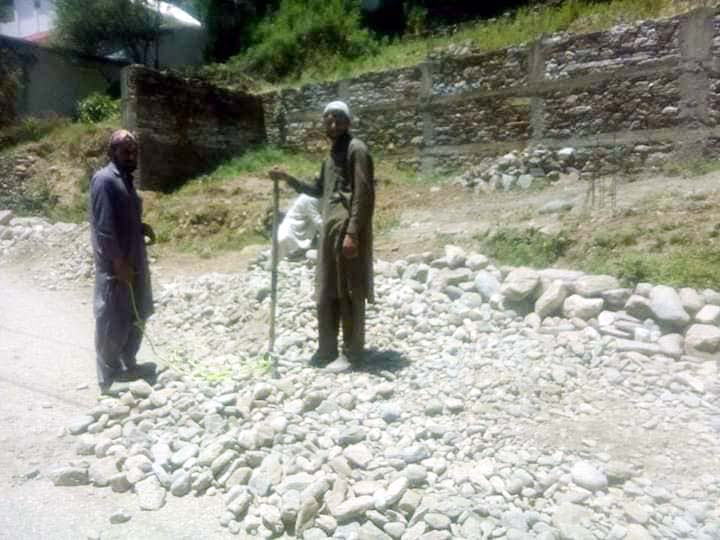By: Irfan Hussain Ali
SHANGLA: Speakers at a seminar urged the local communities to adapt the practices of early warning systems to minimize damages during natural disasters.
A one-day workshop on “Strengthening Early Warning Systems (EWS) was organised by LASOONA – Relief and Development Organization under the project “Building Resistance through Food and Nutrition Improvement in Khyber Pakhtunkhwa, Punjab and Balochistan.” The project has the technical support of Welthungerhilfe (WHH) and the financial support of the Norwegian Ministry of Foreign Affairs.
According to the organizers the objective of the workshop was to enhance disaster response capabilities and strengthen early warning system to protect the public lives and minimize damages.
Ismail Khan disaster risk management specialist at Provincial Disaster Management Authority (PDMA) Peshawar, was the key speaker at the event.
The workshop began with the opening remarks of the project manager, Mr. Sajjad Ahmed, in which he thanked the participants and highlighted the main objective of the project, efforts for reducing the impact of disasters caused by climate change and to improve preparedness and response in the agriculture sector.
Aftermath of floods in Kohistan- https://www.youtube.com/watch?v=UkK25XVxGlA&t=4s
Speakers said Pakistan was the third most affected country by climate change, although it accounts for only 1% of global greenhouse gas emissions. The need for early warning systems was being keenly felt especially in the hilly rural areas like Khyber Pakhtunkhwa in view of climatic hazards like floods, droughts and heat waves.
In the workshop, through expert presentations, group discussions, and practical exercises, participants were given practical suggestions to identify and improve the deficiencies in the existing warning systems.
Mohammad Shoaib, district director, Agriculture department, Shangla, highlighted the impact of climate change and described the difficulties being faced by agriculture sector.
Abdul Nasir, district disaster management officer (DDMO), highlighted the importance of better coordination between various agencies, use of modern technologies, and effective communication with the community.
Also read; Experts Urge Transparency in Climate Funding to Safeguard Pakistan’s Future
Suggestions were presented at the end of the workshop, which emphasized interdisciplinary collaboration, training at the local level, and the use of modern technology to improve early Warning System in the different communities living in the north region of Pakistan..







